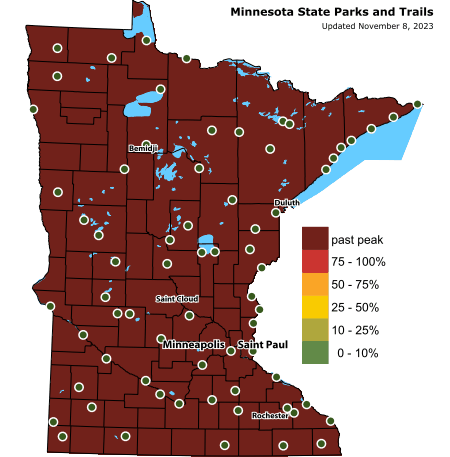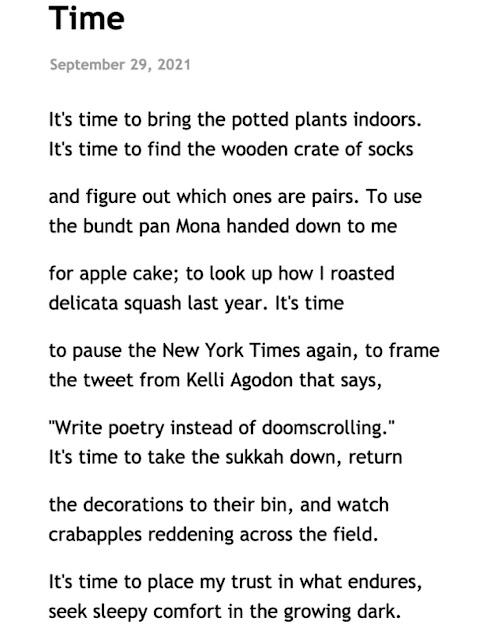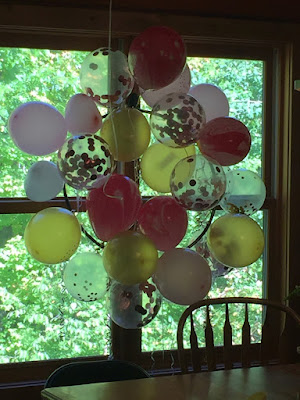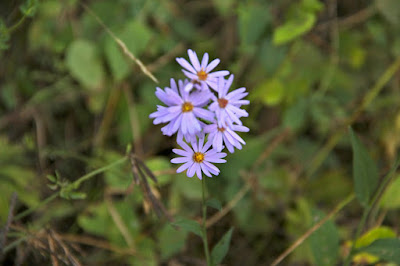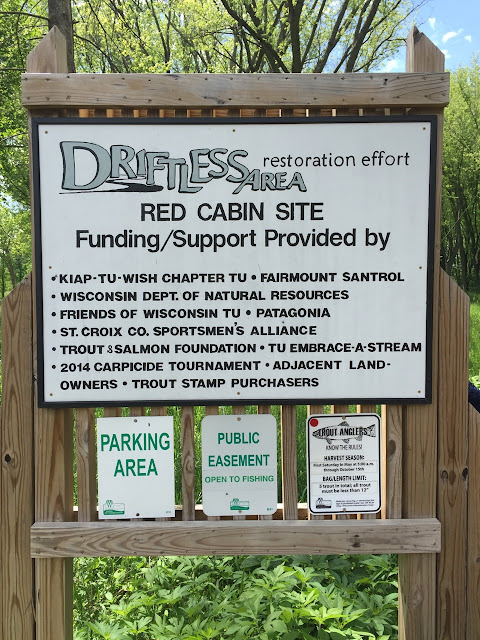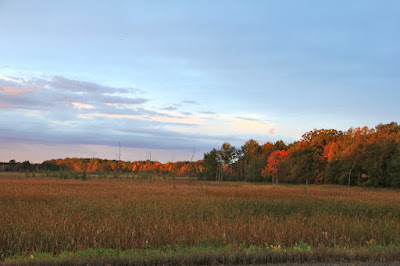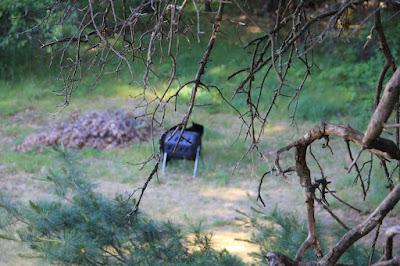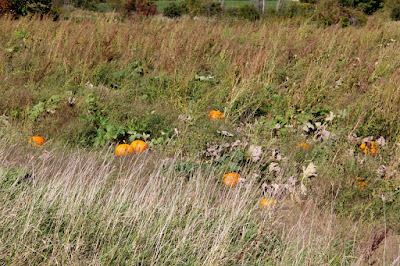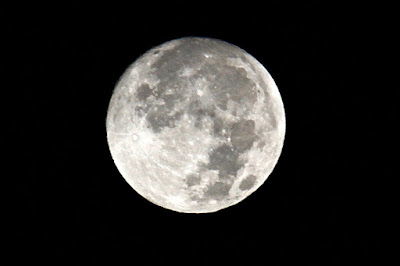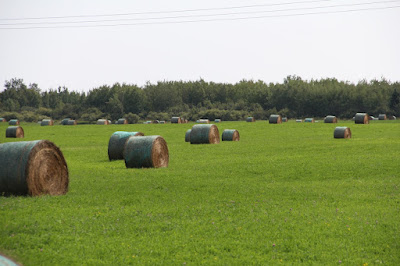According to my copy of the Minnesota Weatherguide Calendar, a normal low temperature of 32℉ doesn’t occur locally until early November. However, the Minnesota Department of Natural Resources tells us there’s a 90% probability of reaching that low temperature by October 14. The same DNR data set points to a 10% probability of freezing by September 20. So, we are now officially in the time of year to stay alert for frost or freeze warnings.
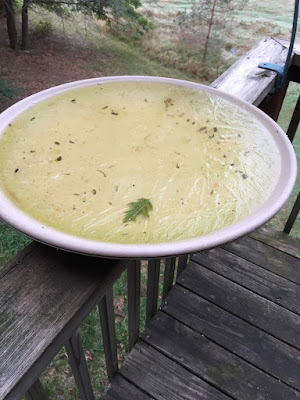 |
| low probability late September freeze
Photo by J. Harrington
|
We’ve not yet turned on the heater in the bird bath, although on September 29, 2018, we had an overnight freeze that lasted long enough to coat the water in that bird bath with skim ice. Since it’s currently 82℉, and yesterday’s high temperatures were in the mid-80’s, this writing about freezing temperatures feels kind of silly, unless one has lived in the North Country for awhile. This is a time of year when we’re flipping the house’s thermostat between AC and heat day-by-day.
Our food intake is slowly shifting from Summer’s salads and sandwiches to Autumn’s soups, stews and chili. Bread baking is occurring more frequently, and ice cream cones will probably be phased out of desert rotation over the next several weeks. I suppose I could live somewhere that doesn’t enjoy four seasons, I just don’t want to. [I reserve the right to revise this assessment come February.]
Major Jackson - 1968-
I thought by now my reverence would have waned,
matured to the tempered silence of the bookish or revealed
how blasé I’ve grown with age, but the unrestrained
joy I feel when a black skein of geese voyages like a dropped
string from God, slowly shifting and soaring, when the decayed
apples of an orchard amass beneath its trees like Eve’s
first party, when driving and the road Vanna-Whites its crops
of corn whose stalks will soon give way to a harvester’s blade
and turn the land to a man’s unruly face, makes me believe
I will never soothe the pagan in me, nor exhibit the propriety
of the polite. After a few moons, I’m loud this time of year,
unseemly as a chevron of honking. I’m fire in the leaves,
obstreperous as a New England farmer. I see fear
in the eyes of his children. They walk home from school,
as evening falls like an advancing trickle of bats, the sky
pungent as bounty in chimney smoke. I read the scowl
below the smiles of parents at my son’s soccer game, their agitation,
the figure of wind yellow leaves make of quaking aspens.
********************************************
Thanks for visiting. Come again when you can.
Please be kind to each other while you can.
